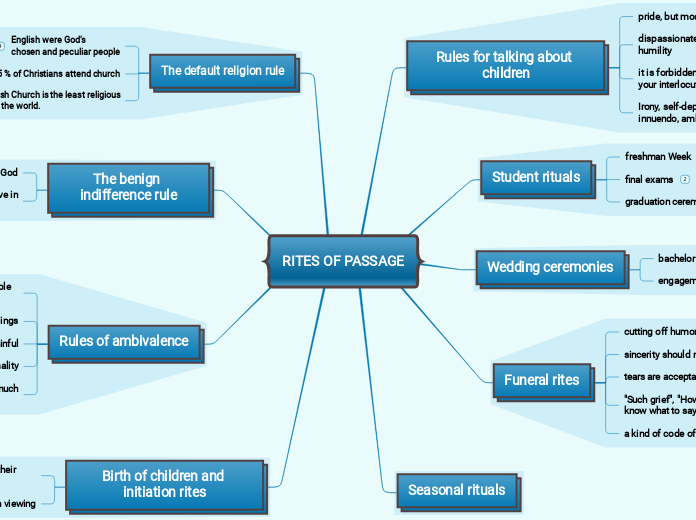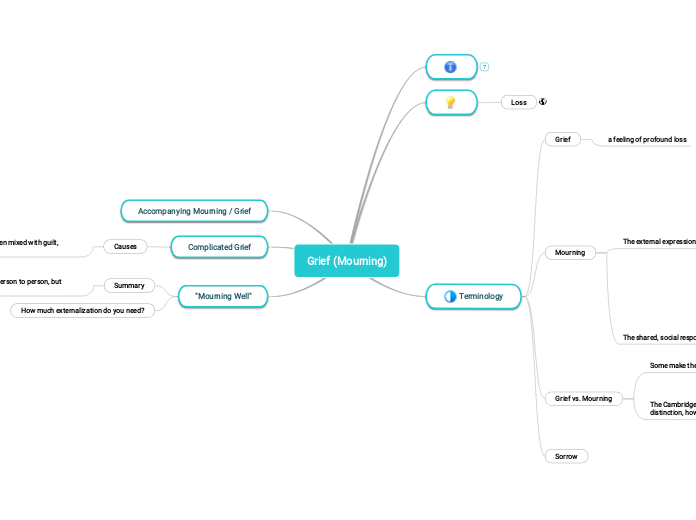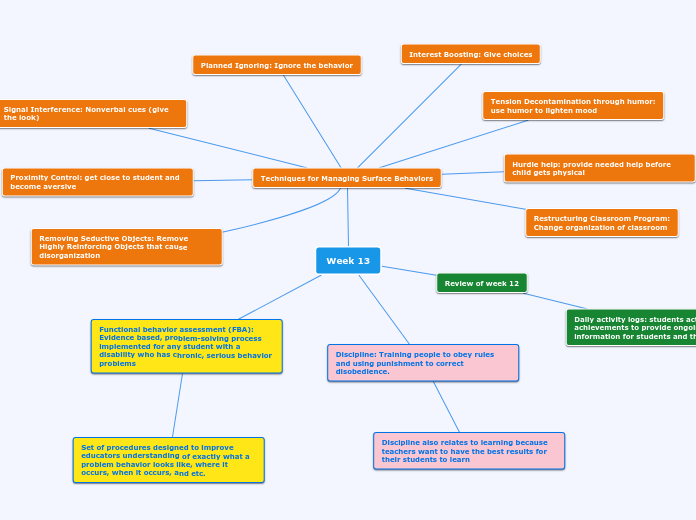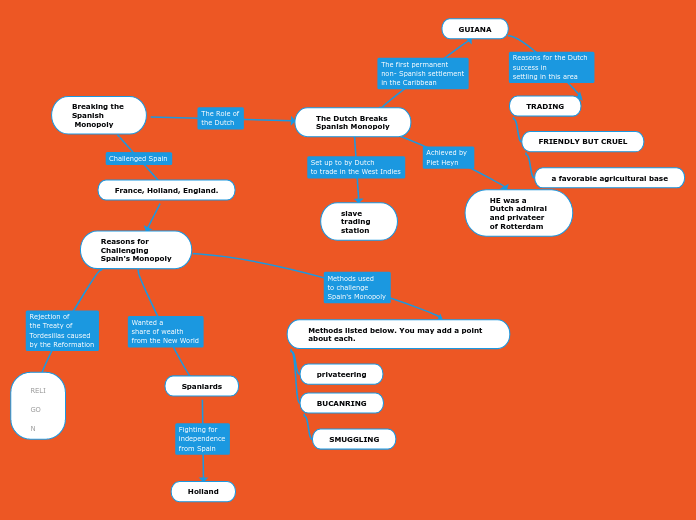RITES OF PASSAGE
The part of speech is a category to which a word is assigned according to its syntactic functions. In English the main parts of speech are noun, pronoun, adjective, determiner, verb, adverb, preposition, conjunction, and interjection.
Birth of children and initiation rites
A conjunction is a word like 'if' 'but' or 'and' which is used to connect sentences or clauses together.
newborn viewing
Subordinating conjunctions are conjunctions that are used at the beginning of subordinate clauses. Some examples of these conjunctions are: although, after, before, because, how, if, once, since, so that, until, unless, when etc.
Although it was raining, I went out.
a quarter of Englishmen baptize their children
Coordinating conjunctions always connect phrases, words, and clauses. They are: for, and, nor, but, or, yet, so.
This stew is savory and delicious.
Rules of ambivalence
A preposition is one of the most exciting parts of grammar. A preposition is used to describe the location of something in relation to something else.
does not give much
pleasure
A group of words used with the force of a single preposition is called phrase preposition.
according to, by means of, owing to, with a view to, in place of, in front of, etc.
it's hard to cope with informality
Participle preposition consists of words that end in “ing”.
regarding, barring, concerning, considering, etc.
especially painful
When a preposition consists of more than one word, it is called double preposition.
into, within, upto etc.
expression of feelings
Compound preposition consists of two or more words.
on behalf of, according to, in front of, from across, etc.
mandatory interaction with other people over a long period of time.
When a preposition consists of one word it is called single or simple preposition.
in, at, on, to for, of, from, up, after, over, under, with, etc.
The benign indifference rule
An adverb is used to describe a verb, but it can also describe an adjective or another adverb.
Adverbs normally help paint a fuller picture by describing how something happens.
56% of Englishmen believe in
opinion polls.
Always, usually, Never
60% of the population believe in God
Carefully, Slowly
The default religion rule
A numeral is a word or phrase that describes a numerical quantity.
Some theories of grammar use the word 'numeral' to refer to cardinal numbers that act as a determiner to specify the quantity of a noun, for example the 'two' in 'two hats'.
The English Church is the least religious
church in the world.
15 % of Christians attend church
One, two..
English were God’s
chosen and peculiar people
‘chosen and peculiar people’.
the English were God’s
First, second..
Seasonal rituals
An article is a word used to modify a noun, which is a person, place, object, or idea. Technically, an article is an adjective, which is any word that modifies a noun.
Funeral rites
A pronoun is a word that can be used in place of a noun, typically after the noun itself has already been stated.
a kind of code of the clergy
Reciprocal pronouns are used for actions or feelings that are reciprocated. The reciprocal pronouns are each other and one another.
Each other, one another
"Such grief", "How sad", "I don't even know what to say"
A reflexive pronoun ends with ...self or ...selves and refers to another noun or pronoun in the sentence (usually the subject of the sentence). The reflexive pronouns are myself, yourself, herself, himself, itself, ourselves, yourselves, and themselves.
Itself, Himself
tears are acceptable
Demonstrative pronouns are used to demonstrate (or indicate). This, that, these, and those are all demonstrative pronouns.
This, These
sincerity should not be excessive
Possessive pronouns are used to show possession. The possessive pronouns are mine, yours, his, hers, ours, and theirs.
His, Your
cutting off humor
The personal pronouns are I, you, he, she, it, we, they. More often than not (but certainly not always), they replace nouns representing people.
He, They
Wedding ceremonies
An adjective is a word that's used to describe a specific noun and to provide more detail to the listener.
engagement
Superlative adjectives demonstrate a higher level of comparison between entities.
She is the prettiest princess.
bachelor and bachelorette parties
Expresses a comparison between two entities or groups of entities in quality or degree.
He is taller than she is.
Student rituals
A noun is defined as a person, place, thing or idea. Proper nouns always begin with a capital letter. Common nouns, which are general words, such as 'cars,' are not capitalized.
graduation ceremony
Compound nouns are words where two nouns have been stuck together to make a new noun. Compound nouns should be written as one word, without a hyphen.
Candlestick
final exams
A noun which refers to a group of things/people.
Family, Class
freshman Week
Proper nouns are the names of specific people or places. They should always begin with a capital letter.
Mary, Paris
Rules for talking about children
A verb is an action word or 'doing' word that signifies movement in some way.
Irony, self-deprecation, understatement, innuendo, ambiguity and polite pretense
A participle is a verb form that can be used as an adjective or to create a verb tense. There are two types of participles: Present participle (ending -ing) and Past participle (usually ending -ed, -d, -t, -en, or -n).
The winning athlete gets a trophy.
it is forbidden to criticize the children of your interlocutors
A modal is a type of auxiliary (helping) verb that is used to express: ability, possibility, permission or obligation. The main modal verbs in the English language are: can, could, may, might, must, shall, should, will, would.
I might go to the park if I get my homework done.
dispassionate humorous
humility
A linking verb connects the subject with a word that gives information about the subject, such as a condition or relationship.
You look exhausted after studying all night.
pride, but modesty
A verb with its own meaning: a verb that is not an auxiliary verb.
Create sentences
They have it.









